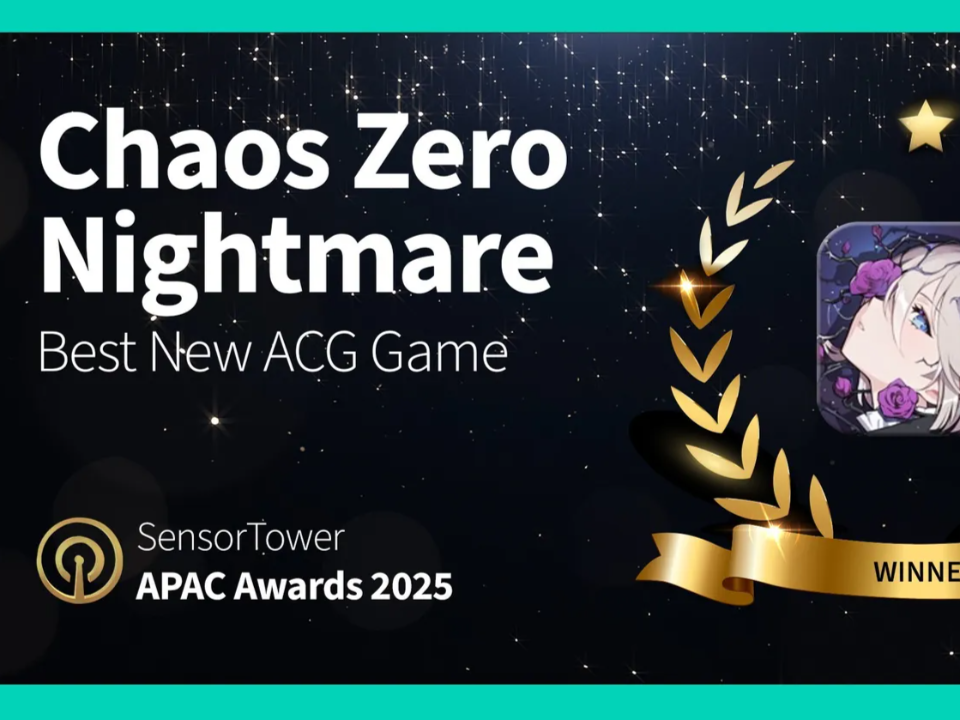■ ‘Future Bee Challenge 2023’ explores solutions for social issues via digital technology, with 339 creative projects submitted through the event.
■ Experts from MIT Media Lab (US), Stanford University (d.school), and San Francisco Exploratorium participating in Future Bee Challenge as advisors

A group photograph of the participants at the Global FESTA held at the Smilegate Campus on January 16.
Smilegate Future Lab (hereinafter referred to as the ‘Future Lab’) announced that the ‘Global FESTA,’ the finale event for the Future Bee Challenge 2023 that opened on January 16 (Sat), had concluded successfully on January 20 (Wed).
The Future Bee Challenge is an exhibition where children and youth participants utilize digital technology to submit projects exploring solutions for the UN Sustainable Development Goals, such as climate change response and quality education solutions. The event was held from July 22 until November 12 with over 200 educators and over 7,000 children and youth nationwide participating.
At the Global FESTA, 37 projects reviewed by domestic and foreign panel members from among the 339 projects submitted at the Future Bee Challenge 2023, were exhibited online. In addition, a real-time conference was held with global advisory committee members for the Future Bee Challenge featuring MIT Media Lab’s Professor Mitchel Resnik and experts from the San Francisco Exploratorium and the World’s Largest Lesson. Projects from six teams among the exhibition projects were introduced and received feedback during the conference.
The six projects were selected based on their inclusion of the core values of the Future Bee Challenge, such as curiosity, hands-on, and a playful mind, and their exemplariness as ideal references for educational environments. Some ideas featuring interesting problem-solving from the youth perspective were ‘Video in the Air?!’ (Su-ah Park and Shin-ae Kim from Seoul Chungam Middle School) concerning the issue of ‘quality education,’ and ‘Unnecessary Electricity Out’ (Hyeon-seung Cho from Incheon Bunae Elementary School) featuring a smart switch that turns off the lights by detecting human motion.
There was also a special lecture given by Ariam Mogos, a leader in advanced technology and education at Stanford d.school (US) and a global advisory committee member for the Future Bee Challenge 2023. At the lecture, eight projects from d.school concerning key design capabilities and problem-solving were introduced. Mogos stated, “Just like the UN Sustainable Goals, it is important to repeat the quick experiments after starting from small and specific ideas for large problems,” and encouraged the participants by adding, “It is important to specify your ideas as you build on them yourself through the Future Bee Challenge Project and turn your failures and mistakes into opportunities for new learning.”
Future Lab plans to continue to collaborate with educators and educational institutions nationwide for children and youth to present their ideas for a better society based on digital technology, and to sponsor projects for these ideas to be shared.







 TOP
TOP
